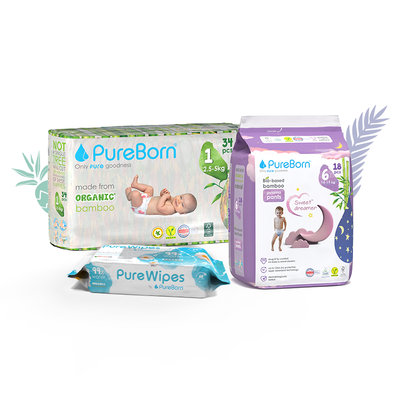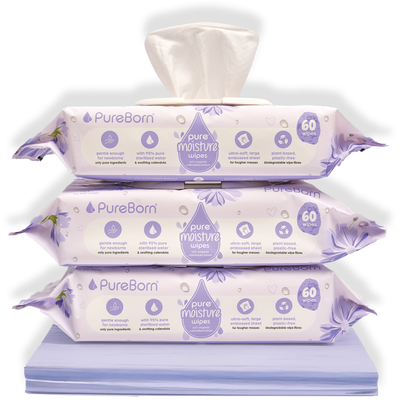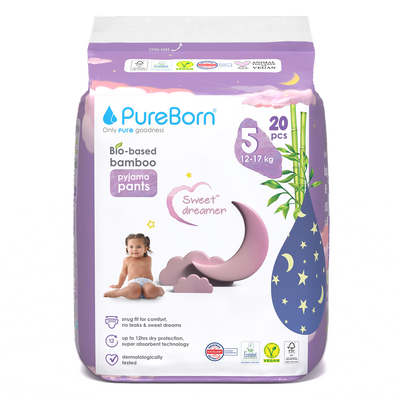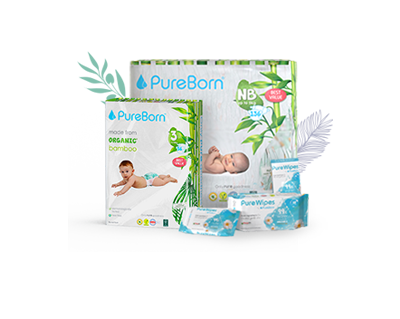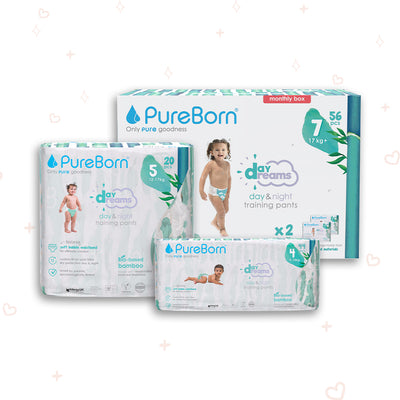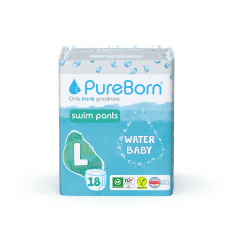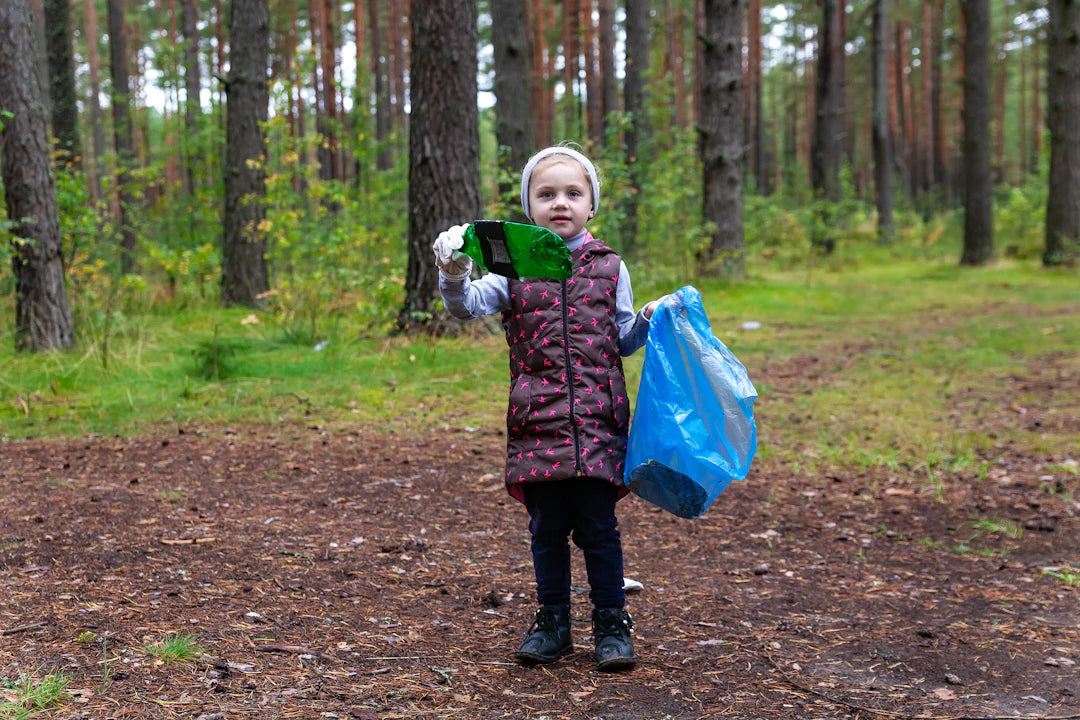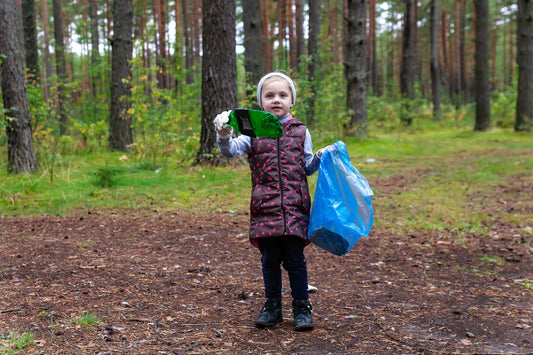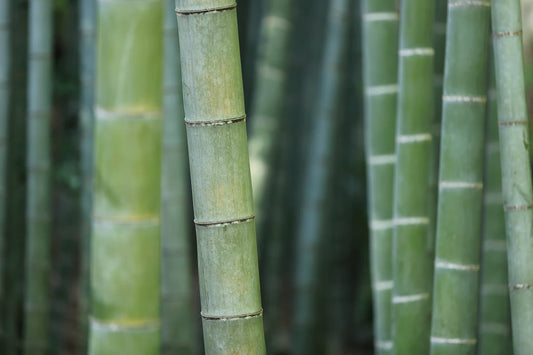Overview
Raising eco-friendly children involves instilling values of sustainability and responsibility towards the planet. Parents can start by making eco-conscious choices for infants, engaging in outdoor activities, and incorporating environmental education at home. Building a supportive community and encouraging lifelong learning are essential for fostering eco-conscious habits. Embracing these practices helps ensure a healthier future for both children and the environment.
Table of Contents
- Frequently Asked Questions
- Understanding Eco-Friendliness in Parenting
- The Rise of Eco-Conscious Parenting
- Benefits of Raising Eco-Friendly Children
- Starting with Baby Steps: Eco-Friendly Choices for Infants
- Choosing Biodegradable Diapers
- The Importance of Organic Baby Products
- Encouraging Sustainable Practices in Early Childhood
- Outdoor Activities and Nature Exploration
- Gardening as a Learning Tool
- Art and Crafts Using Recycled Materials
- Education is Key: Teaching Eco-Friendly Values
- Incorporating Environmental Education at Home
- Participating in Community Initiatives
- Building a Supportive Eco-Friendly Community
- Collaborate with Like-Minded Parents
- Engage with Local Organizations
- Creating Lasting Changes for Future Generations
- Encouraging Lifelong Learning
- Fostering Innovation and Critical Thinking
- Embrace the Journey of Eco-Friendly Parenting
Frequently Asked Questions
1. What does it mean to raise eco-friendly children?
2. What are some benefits of raising eco-conscious kids?
3. How can I start making eco-friendly choices for my infant?
4. What strategies can I use to teach my children about sustainability?
5. How can I build a supportive eco-friendly community?
In today’s rapidly changing world, the importance of raising eco-friendly children cannot be overstated. As environmental issues become increasingly prevalent, parents and caregivers have a unique opportunity to instill values of sustainability, responsibility, and care for the planet in the next generation. From adopting eco-friendly practices to understanding our impact on the environment, this article will delve into the many ways we can raise children who not only understand the value of sustainability, but who also play a vital role in protecting the earth.
Understanding Eco-Friendliness in Parenting
Before we explore the various aspects of nurturing eco-friendly children, it's essential to understand what it means to be eco-friendly. The term generally refers to practices that conserve natural resources, minimize waste, and protect the environment. Incorporating these practices into parenting not only benefits the planet but also enriches the lives of children, making them conscientious citizens.
The Rise of Eco-Conscious Parenting
Over the past decade, the movement towards eco-conscious parenting has gained significant traction. This shift stems from a combination of increasing awareness of climate change, pollution, and the health effects of chemical exposure. As a result, many parents seek to adopt healthier lifestyles for their families and the planet.
Benefits of Raising Eco-Friendly Children
Raising children with eco-conscious values can have numerous benefits:
- Environmental Awareness: Children learn about the importance of nature and the impact of human activity on the environment.
- Healthier Habits: An eco-friendly lifestyle often promotes healthier choices, including eating organic foods and using non-toxic products.
- Social Responsibility: Eco-conscious children tend to grow up with a sense of responsibility toward community and planet.
- Positive Influence: Children often encourage their peers and family to adopt greener habits, creating a ripple effect.
Starting with Baby Steps: Eco-Friendly Choices for Infants
It all begins in infancy, where parents can make choices that set the stage for eco-friendly living. Even the smallest changes can yield significant impacts over time, especially when it comes to materials used in baby products.
Choosing Biodegradable Diapers
The choice of diapers is a critical one for new parents. Traditional disposable diapers can take hundreds of years to decompose in landfills, contributing significantly to waste. In contrast, biodegradable diapers offer a solution that helps minimize environmental impact. These diapers are made from materials that break down naturally, reducing landfill clutter and aligning with eco-friendly values. Parents can feel good knowing that they are making a choice that benefits the earth.
The Importance of Organic Baby Products
Beyond diapers, parents should consider other organic products for their infants. From clothing made of organic cotton to skincare products free from harmful chemicals, the choices you make can protect your baby’s health while also being gentle on the planet. Educating yourself about how products are sourced and how materials affect the environment lays the foundation for eco-friendly parenting.
Encouraging Sustainable Practices in Early Childhood
As children grow, integrating sustainable practices into daily routines can be fun and engaging. Here are some ways to encourage a love for the environment through everyday activities.
Outdoor Activities and Nature Exploration
Involving children in outdoor activities not only connects them with nature but also teaches them about ecosystems, wildlife, and conservation. Hiking, visiting local parks, and participating in community clean-up days can instill a sense of appreciation for the outdoors. Encourage children to ask questions and explore their environment, fostering an understanding of the delicate balance between humans and nature.
Gardening as a Learning Tool
Gardening is an excellent way to impart lessons on sustainability. It teaches children where food comes from and the importance of taking care of the environment. Start a small garden at home—whether it’s a container garden on a balcony or a more extensive backyard setup. This hands-on experience will make them more conscious of food choices while connecting them with nature.
Art and Crafts Using Recycled Materials
Crafting with recycled materials is a fun way for children to express creativity while learning about recycling and waste reduction. Whether it's making art from cardboard boxes, fabric scraps, or plastic bottles, children can see the potential in items that would otherwise be thrown away. This not only fosters creativity but also shifts their mindset towards reusing and recycling.

Education is Key: Teaching Eco-Friendly Values
Education plays a pivotal role in equipping children with the knowledge they need to make responsible choices. Parents and educators must work together to teach eco-friendly values in an engaging manner.
Incorporating Environmental Education at Home
Parents can introduce environmental topics at home through books, videos, and games. Focusing on subjects like wildlife, ecosystems, and the importance of conservation creates a solid educational foundation. Discussions about the impact of plastic waste and climate change should be age-appropriate, empowering children to ask questions and express their thoughts.
Participating in Community Initiatives
Active participation in community initiatives, such as tree planting, recycling programs, or clean-up events, can further enhance children’s understanding of environmental stewardship. These experiences foster a sense of belonging and responsibility towards a shared community initiative.
Building a Supportive Eco-Friendly Community
While teaching eco-friendly values at home is crucial, creating a community that emphasizes sustainability can significantly influence how those values are embraced. Here are ways to build or engage with an eco-friendly community.
Collaborate with Like-Minded Parents
Connect with other parents who share a commitment to raising eco-conscious kids. Organize playdates and activities that include sustainable practices, such as cooking a meal using locally sourced ingredients or organizing a book exchange for kids. Learning from one another can build a strong network of support.
Engage with Local Organizations
Many communities have organizations focused on environmental issues. Children will benefit from programs that promote recycling, wildlife conservation, and natural habitat preservation. Engage with local parks and organizations by attending workshops or family events. Bringing awareness to these groups helps children understand their roles in a wider context.
Creating Lasting Changes for Future Generations
As children grow into adolescents and eventually adults, the values they learn during their formative years will influence their choices for a lifetime. Instilling a sense of responsibility for the planet is one of the most important gifts you can give your child.
Encouraging Lifelong Learning
Instill in your children the desire to remain informed about environmental issues throughout their lives. Encourage them to read, stay current on news related to climate change, and explore potential solutions. Be open to discussions about topics such as pollution and renewable energy sources. This grounded knowledge allows them to become active participants in creating a sustainable future.
Fostering Innovation and Critical Thinking
As sustainability becomes an increasingly pressing topic, the role of innovation in creating a better planet is more important than ever. Encourage your children to think creatively about potential solutions to environmental problems. Engaging in debates or projects on sustainability can cultivate critical thinking and problem-solving skills.
Embrace the Journey of Eco-Friendly Parenting
Raising eco-friendly children is not just about choosing biodegradable diapers or organic products; it’s about fostering a holistic lifestyle that values sustainability. As parents, we have the opportunity to plant seeds of environmental responsibility in our children, ones that can blossom into a greener and healthier world.
Each step taken towards an eco-friendly lifestyle—whether big or small—contributes to the larger goal of environmental stewardship. Through open dialogues, shared experiences, and active participation, we can nurture a generation that cares for the planet and inspires others to do the same. As we look toward the future, let us all commit to these daily practices, ensuring that our children inherit a world that thrives—a world they helped create.
Linked Product

Organic Bamboo Nappies
Organic Bamboo Nappies are designed to be gentle on sensitive skin while offering a sustainable alternative for eco-conscious parents. Made with 100% certified organic bamboo, these nappies provide up to 12 hours of absorbency and are free from harmful chemicals, ensuring safety for both babies and the environment. Their hypoallergenic properties make them an ideal choice for children prone to skin irritations.
View Product

